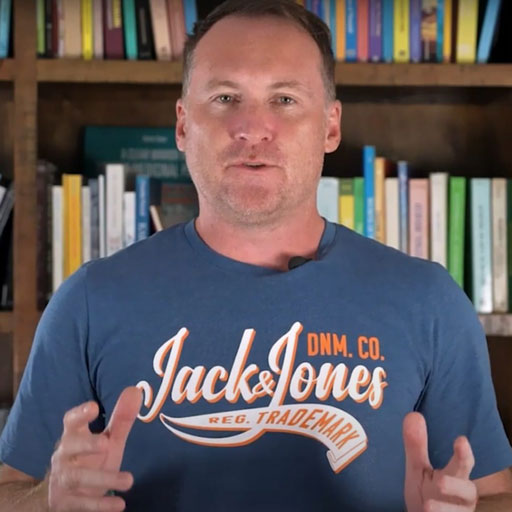Solution-focused therapy (SFT) offers a particularly effective approach for anger management in men by shifting away from analyzing the causes of anger toward building concrete skills and identifying what already works. This forward-looking orientation often appeals to men who may prefer practical, goal-oriented interventions over extensive emotional processing.
Core SFT Principles for Anger Management:
The miracle question is central to this approach. A therapist might ask, “If you woke up tomorrow and your anger was no longer a problem, what would be different? How would your wife know? Your coworkers?” This helps men envision specific behavioral changes rather than abstract emotional states. For instance, a client might realize he’d speak more calmly during disagreements or take breaks when feeling heated.
Scaling questions provide measurable progress markers. “On a scale of 1-10, where 10 means you handle anger perfectly, where are you now? What would move you up just one point?” This concrete framework helps men track improvement and identify small, achievable steps forward.
Identifying Existing Strengths:
Rather than focusing on anger “problems,” SFT explores exceptions – times when men successfully managed their anger. Questions like “Tell me about a recent situation where you could have gotten angry but didn’t” or “When have you handled conflict well?” help identify existing coping strategies that can be amplified and replicated.
Many men already possess anger management skills in certain contexts (perhaps at work or with friends) that haven’t been applied to other situations. SFT helps transfer these successful strategies across different relationships and environments.
Practical Application Strategies:
SFT emphasizes behavioral experiments between sessions. A man might commit to trying one successful strategy from his past in a new situation, then report back on what worked. This builds confidence through actual experience rather than theoretical understanding.
The therapy also focuses on preferred future scenarios. Instead of dwelling on past angry outbursts, sessions explore what healthy conflict resolution looks like for each individual, considering their values, relationships, and life goals.
Why This Appeals to Many Men:
The solution-focused approach aligns with many men’s preference for problem-solving over emotional exploration. It’s collaborative rather than pathologizing, treating clients as experts on their own lives who already possess some of the tools they need. The emphasis on competence and building on strengths can be particularly engaging for men who might otherwise feel defensive about their anger.
The brevity of SFT (typically 6-10 sessions) also appeals to men who may be hesitant about long-term therapy commitments, while the concrete, measurable goals provide clear benchmarks for success.







